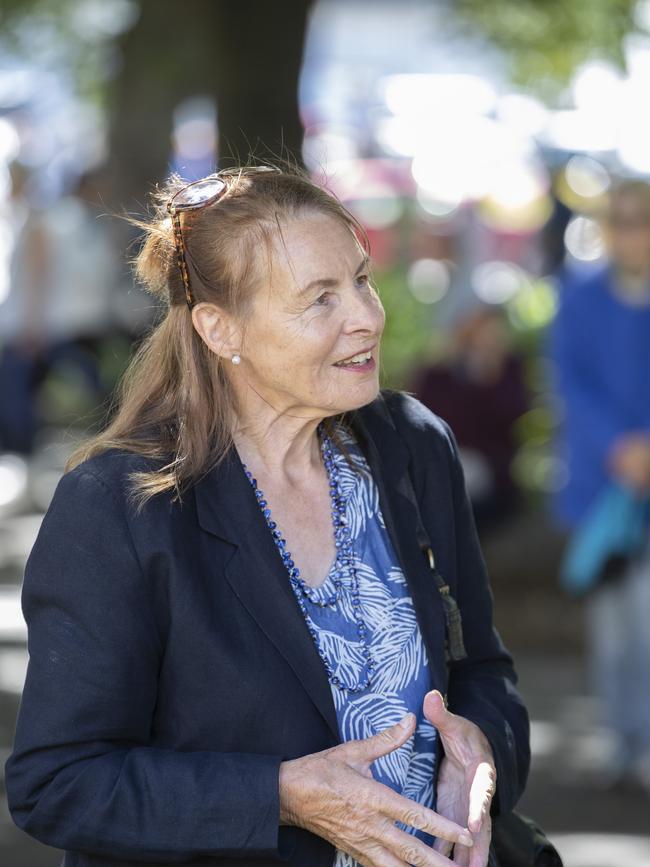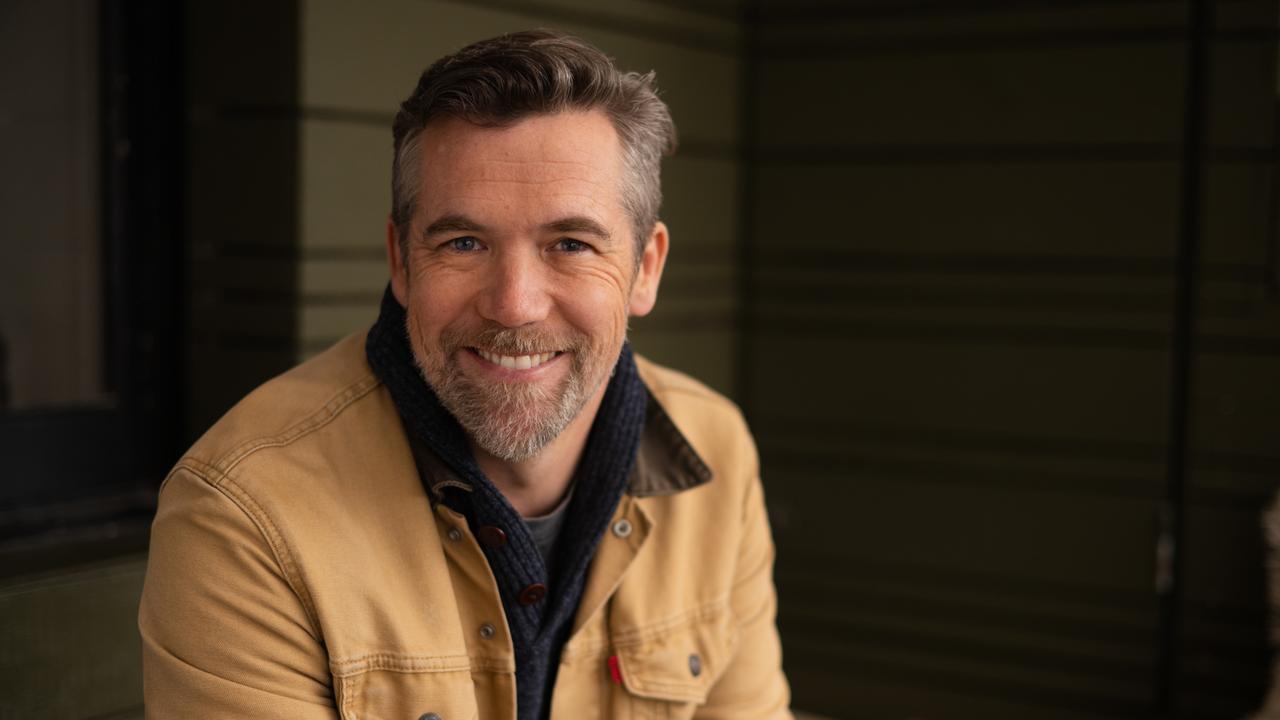Susan Neill-Fraser’s court move to speak to the media
Convicted murderer Susan Neill-Fraser is returning to court in a fresh battle — this time regarding one of her parole conditions.

Tasmania
Don't miss out on the headlines from Tasmania. Followed categories will be added to My News.
A national human rights body has launched Supreme Court action on behalf of convicted murderer Susan Neill-Fraser against parole conditions which effectively gag her from speaking to the media.
Neill-Fraser was sentenced to 26 years imprisonment in 2010 after being found guilty by a jury of murdering her partner of 18 years, Bob Chappell, aboard their yacht in Hobart on Australia Day in 2009.

On appeal, that term was reduced to 23 years, with a minimum of 13 years, with the now-71-year-old released from prison on parole in 2022.
Under the terms of her release set by Parole Board of Tasmania, Neill-Fraser is prohibited from “directly or indirectly with any media outlet to claim [her] alleged innocence and/or wrongful conviction”.
Sarah Schwartz, Legal Director at the Human Rights Law Centre, said everyone had the right to free speech and freedom of political communication, including those who had been incarcerated.
“The parole system should support people’s re-entry into the community after being in prison,” Ms Schwartz said.
“Parole conditions which are repressive and restrict people’s fundamental human rights do the opposite.
“The right to political communication is fundamental to our democracy and safeguarded by Australia’s constitution, while our right to free speech is protected by international human rights law.
“These rights should not be restricted unless there is a legitimate reason.”
More Coverage
Originally published as Susan Neill-Fraser’s court move to speak to the media





